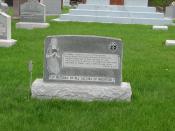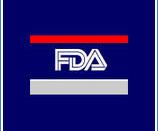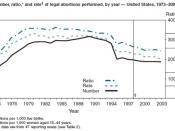Last Tuesday, advisors to the Food and Drug administration voted to make the "morning-after" pill available over-the-counter . The FDA has not yet acted on this recommendation . The morning-after pill is the vernacular term for emergency contraception, specifically, two pills with the commercial name, "Plan B", which have the ability to inhibit and, depending on one's perspective, possibly to terminate unwanted pregnancies. The FDA approved the first version of the morning-after pill for prescription use in 1998 . The issue today is whether it should be available without a prescription.
The morning-after pill is essentially a high dosage of the birth control pill . It can contain progesterone, estrogen, or both . . It can prevent fertilization in the fallopian tubes by altering sperm and egg transport or by preventing or delaying ovulation, and it can prevent fertilized eggs, or zygotes, from implanting in the uterus by thickening the uterine lining .
It is not effective if the process of implantation has already begun . The morning-after pill is not to be confused with RU-486, the so-called abortion pill, which terminates a zygote implanted in the uterine lining .
All three mechanisms of the morning-after pill do not necessarily all take place every time it is used and it is impossible to determine which, if any, of them prevented implantation in any successful case . One controversial ethical issue surrounding the morning-after pill is whether it is tantamount to abortion. The debate concerns whether pregnancy and life begin with a fertilized egg or with its implantation.
If conditions in the uterus are ideal, a zygote will begin to implant itself in the uterine lining after about 6 days and take several more days to be complete the process of implantation . . One of the reasons why...


